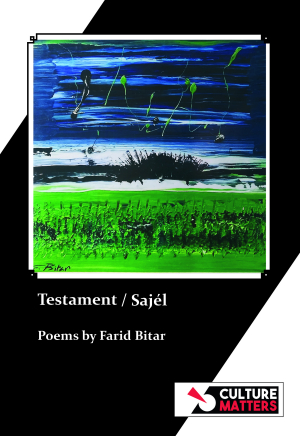
A new and original anthology of radical Welsh poetry
Culture Matters intends to publish a new and original anthology of radical Welsh poetry. It will be edited by Mike Jenkins, founder member of the Red Poets collective and an Associate Editor of Culture Matters.
Submissions are warmly invited, and here are some guidelines:
Guidelines
1. Entries can be one or two poems in English or Welsh, and can be in dialect variants of either language. Poems should be no longer than 50 lines, and be unpublished in print.
2. Authors do not have to be Welsh or live in Wales, but entries should broadly deal with themes relevant to Welsh working-class life, politics, communities and culture. They should focus on Welsh struggles for justice and peace, locally, nationally and internationally, and can be set in the past, present or future. Perhaps you could inspiration in the image above - The Idealist / Mae'r ddelfrydwr, by Gus Payne.
3. Entries should be sent toThis email address is being protected from spambots. You need JavaScript enabled to view it. by midnight on 31st July 2024, copied to This email address is being protected from spambots. You need JavaScript enabled to view it.. No entries can be accepted after that date.
4. Please include the poem(s) and your name, address, and contact details in the body of the email as well as in an attachment.
5. All entries will remain the copyright of the author, but Culture Matters will have the right to publish them online and as a printed book. Contributors will receive a free copy of the anthology.










